2023-05-30 08:47
DSV to Power New Facilities with Renewable Energy

DSV is constructing two new warehouses totalling 175,000 sqm that will be powered entirely by on-site renewable energy. With more than 100,000 sqm of solar panels, DSV's new facilities in Landskrona, Sweden, will run entirely on renewable energy and be able to provide charging for trucks and other electric vehicles. Surplus energy produced will supply the local electricity grid. These facilities will be a pilot that will provide valuable learnings for future DSV logistics infrastructure.
Reducing the energy demand and reliance on fossil fuels is a prerequisite to increasing energy security and enabling companies and countries to meet their sustainability targets. To achieve this, the development of the infrastructure required to support new technologies is essential. DSV is committed to achieving net-zero CO2 emissions in 2050 and addressing the challenges of decarbonising the sector. As well as powering the facilities, DSV is building a blueprint for a solution to support electrification of road haulier services, which is critical to achieve net-zero road transportation by 2050.
With these new facilities in Landskrona, Sweden, DSV is developing state-of-the-art infrastructure that will support our operations and our partners to transition from fossil to renewable energy supply. The facilities will provide energy for charging electric vehicles and additional energy back to the local electricity grid. More than 100,000 sqm of solar panels will enable DSV to power the facility entirely with renewable energy. "The development of these pilot facilities will enable DSV to provide a fully renewable energy supply for our own operations, reducing both our direct and indirect carbon emission. This concept is a key component of DSV's decarbonisation commitment, and I am proud to see DSV building infrastructure that will support the green transition of the industry," says Jens Bjørn Andersen, Group CEO, DSV.
By installing more than 100,000 sqm of solar panels, DSV will ensure that all energy requirements for the facility will be supplied by renewable energy. The capacity of the rooftop solar park will be 14 MwP, which corresponds to the energy needed to power roughly 1,400 households for a year. The facilities will only require around 25% of the significant energy output. In addition to operating the warehouses, the remaining electricity produced from the solar panels will be stored in batteries and used for charging electric vehicles and trailers. Any excess capacity of energy will be transferred to the local electricity grid.
< Korea Shipping Gazette >
많이 본 기사
- ‘가스공사 전용선 30% 점유’ 현대LNG해운 해외매각 시끌‘고환율·저운임’ 글로벌 물류기업 일제히 부진한 실적 신고국제물류업계, 광양항 마지막 배후단지 활용법 모색한다‘일상이 된 물류시장 불확실성’, AI·친환경이 돌파구한국해양대, 장금상선등 해운사와 해양인재 양성방안 모색DHL, 중동 두바이에 차세대 물류허브 개소해운협회, 부산항도선사회와 CCTV 활용 안전도선 업무협약‘수요 둔화 지속’ 컨운임지수 한주만에 1300선으로 후퇴KMI, 우리나라와 북극권국가 협력 방안 모색우수물류기업 인증 체감효과 낮아 “인센티브 확대 필요”
- 2026 글로벌 공급망 전망과 한국 물류산업의 전략적 대응2028년 유엔 해양총회 한국 유치 확정벌크선시장, 급등 이후 조정 '속도 조절 들어가나'전재수 해수부 장관 사의…“해양수도권 차질없이 육성되길”인사/ 팬오션日 ONE 운항 9100TEU급 컨선 화재…공동해손 선언해양과학기술원, 日과 친환경 연안공간 만들기 '맞손'쿠팡 박대준 대표이사 사임…“개인정보 유출 책임 통감”에스티엘글로벌, 한국해大 해사대학에 장학금 기부윌로그, 벤처창업진흥유공 대통령 표창 수상












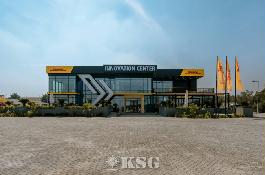
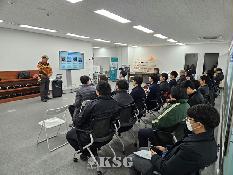




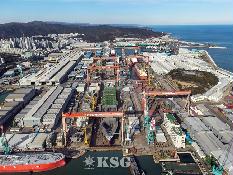










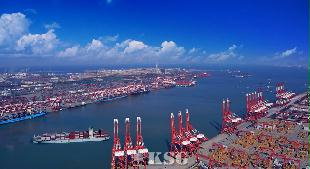
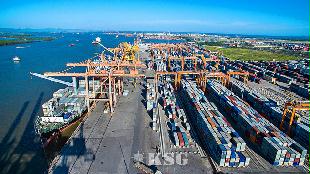
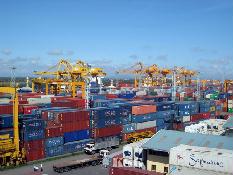






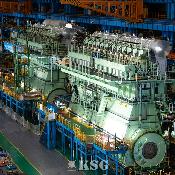
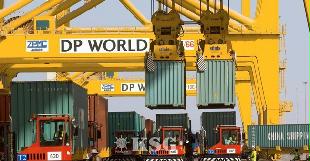























0/250
확인